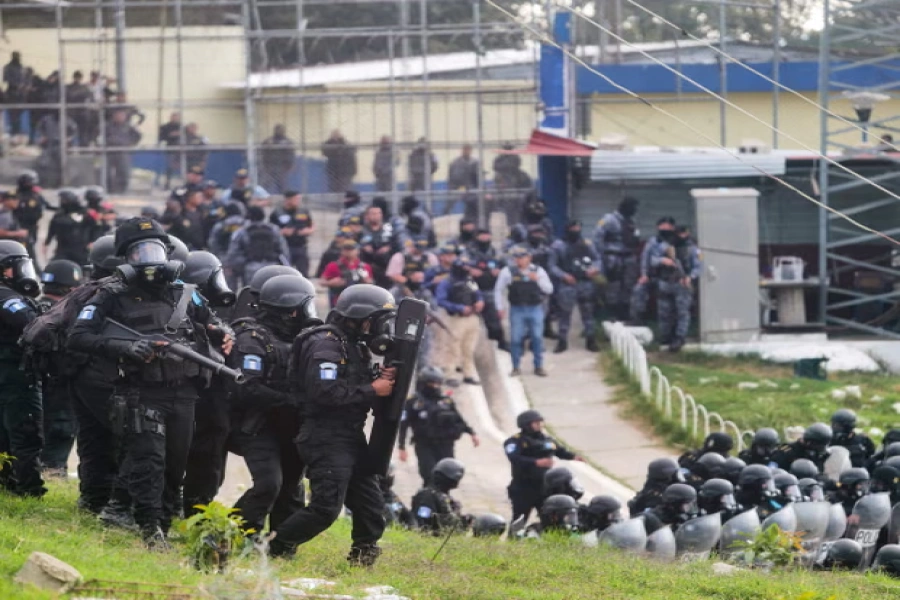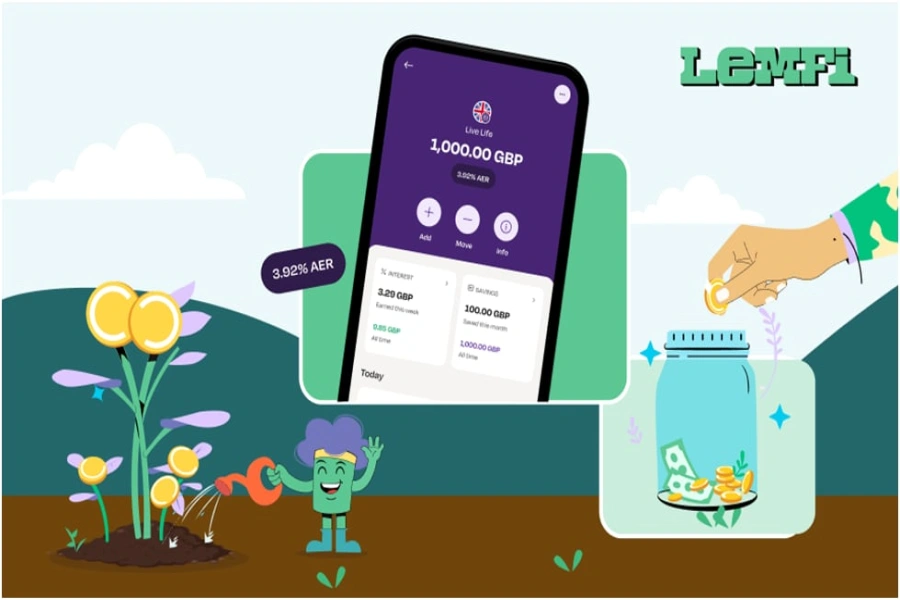There are many cultural and service-oriented Nepali associations in the US but Adhikaar is the first of its kind that supports and works as the voice against the prejudices to labor workers. Based in New York, the organization started it services by interacting with and responding to the needs of immigrants who were facing employment discrimination and were restricted from their basic rights due to their status of being outsiders.[break]
During its initial days, Adhikaar ran entirely with the support of volunteers in a donated space. But now they own an office, fulltime staffs and provide direct services like English language classes, have trained new leaders by involving the immigrant workers themselves into the movement and also worked in coalition to get the New York State Domestic Workers Bill of Rights passed. In its continuous effort to sanction the rights of the Nepali-speaking immigrants in the US, Adhikaar has been organizing workshops on practical and skill building trainings, conferences and participatory research to raise awareness among the groups concerned.
“Adikaar believed in taking one step at a time, and with the Nepali community of immigrants increasing as ever, we wanted to empower and provide advocacy to those who were helpless and being discriminated against for their lack of power of expression and language barrier,” says Ranjit.
Living truly to its name, Adhikaar, which means “rights,” has won many legal cases of immigrant workers fighting for their dignity and rights.
The Week met with Ranjit, one of Adhikaar’s founders, to talk more about its journey, services and cases of immigrant workers’ issues.

Photo: Keshab Thoker
What circumstances prompted you to start Adhikaar in New York?
The Nepali community in the US was growing as ever, especially in New York. Nepalis are often associated with or come under South Asian banner but I hardly saw Nepal’s representation in South Asian organizations. Earlier, I used to work for South Asian workers’ rights group but didn’t see any Nepalis participating there, either. I was the only Nepali staff and was there more because I had Hindi- and Bengali-speaking skills but not to reach the Nepali audience. After witnessing the Nepali community growing and their demographics changing, we wanted to find a better outreach for the Nepali-speaking community. Nepali wage workers have also been increasing, and with that we saw many problems growing. So, with the intention of providing services and work for their labor rights, we started
this project.
How did you work during the initial days?
Due to the federal system in the US, every state is quite different. But comparatively, New York is one of the most immigrant-friendly places. So when we started off, we thought of providing services and information to the Nepali community of immigrants by becoming a bridge. But what we found was that though they were provided with service and information, the service provider didn’t have the language access. So the same people came back to us for help. There was a communication problem, so we started accompanying them to the concerned places. It was then we started English language classes. In the beginning, we started by holding conversations in the community through a small-scale program. By analyzing the community’s problems, we then started catering services accordingly.
What are the objectives that Adhikaar fulfills?
Our main idea is to empower the community of Nepali-speaking immigrants and work for their human rights and social justice. In that way, we want to reach the voice of Nepali speaking community in matters of human rights issues. So it goes both ways as we bring resources to the community and take the expertise of the community outside.
We also build capacity in the community by building new leadership. So we believe that affected communities should have a voice in decision-making. We basically work for the rights of domestic workers where they themselves become the leaders of that movement. For instance, we’re currently working for the rights of salon workers where they are conducting surveys of other salon workers. So through their involvement, they can relate to each other and can build their own leadership along the way. The main point is to make the community strong so that the voice of the community goes to the point of decision-making.
How’s the current situation of Nepali immigrants in New York?
The Nepali community in the US is quite diverse, as over the years from students to professionals, a lot of Nepalis have been settled here. There are people who work in high paying professional fields but at the same time a lot of domestic workers, labor workers, salon workers, taxi drivers, restaurant workers and wage workers are increasing than ever before, as the Nepali community is gradually expanding. So Adhikaar focuses on delivering the rights of such workers who have been deprived of their employment rights.
What are the challenges you face in your work?
The Nepali community of immigrants is getting bigger and with it the problems are growing, too. Talking about the context of the US, we’re relatively very new immigrants, as we just arrived. So there’s less awareness regarding Nepali community as their problems haven’t got much importance due to ignorance. There’s no such resources provided by the government, and the challenges are increasing everyday. Problems are bigger than resources but we try to balance that. Moreover, we’re the only such organization that supports a cause like this. So it’s challenging in itself to be able to reach a wider spectrum. But with time, we’ve been increasing our services.
What specific cases does Adhikaar work upon?
We come across many cases at Adhikaar. Recently, there have been lots of cases of trafficking in domestic workers. When we talk of trafficking, sex trafficking is talked about the most but labor trafficking is also a huge issue. Many Nepalis are lured to the US, being given hope, and many land here willingly due to an illusion.
There are cases when people who are brought to the US for domestic work aren’t paid for years. There was one case of a lady who didn’t get paid for twelve years. Another case was of a young girl of Nepali origin but from Darjeeling, India. An Indian consulate officer brought her to New York for domestic help but for more than three years she didn’t get paid at all. She was courageous to come to us and speak about it and we filed a lawsuit and won in a US court. But her employers had already left the US by the time she won the lawsuit, so we couldn’t collect the money. On the other hand, the Indian government sued the domestic worker to prevent her from pursuing the case. So we saw such discrimination between the rich and poor citizens of the same country.
There are challenges to deal with cases like this in the legal system. We have also recovered many unpaid wages of Nepali immigrants. For instance, a few months ago, one of the members of Adhikaar wasn’t paid for the previous week’s work. We even found out that she wasn’t paid for overtime, and the employers owed her thousands of dollars. After we told them that the matter would be taken to court, she was paid US$12,000. So there are successful cases as such, too.
Has there been support for Adhikaar from the Nepali government?
We’re trying to work together with the Nepali government but they talk of resource constraint. The government hasn’t been the most responsive in these issues. So in a way, we’ve been filling the void that the government should’ve taken care of. With the change of leadership, however, the government right now is fairly responsive but we haven’t worked together yet. We’re basically holding both the US and Nepali governments accountable.
I think the government needs to be more responsive to its own citizens. When we talk of safe migration, the focus is usually on the Gulf countries but very few Nepalis go to the US by declaring that they are going there for work. This is why there are more challenges because not everyone leaves with his own will and many are trafficked as well. The government should acknowledge that there are many Nepalis who are working with low wages and being exploited in the US who need protection like workers in any country would need.
How far has Adhikaar come in terms of rights mitigation?
Adhikaar started with the support of volunteers and the cofounders served as board members. But I was the only one who converted myself into a staff as I was free at that time and ended up giving my full time. Right now, we have four staffs and our own office and lots of volunteers and interns. When we began, we hadn’t expected to grow so much. But we grew along with the needs of the community.
One thing we’ve been really committed is to listen to the community’s needs and fulfill the expectations as per their needs. So Adhikaar’s services have grown broader, as we render direct services as well. Before, we held one English class per week with around eight students. Right now, there are seven classes in a week with twenty students in each class. So it’s definitely grown a lot. Almost all of our legal services are free and we solicit donations from those who want to help us but money isn’t a restriction to avail of services at Adhikaar.
Do you have suggestions for migrant workers who plan to come to the US?
When it comes to migration, one should come to the US only after being fully aware of how your situation here will be like. If you look from Nepal, everything there may seem amazing. But reality may be different, as things may not be as shiny as it seems. There are many students who haven’t got jobs after graduating and are unable to pay their debts, and there are families who are suffering there as well. The US is a racist country in many ways but that doesn’t mean it’s hard for everyone. It all depends on your resources, capacity and personality. So you need to be prepared to be able to start a new life and face the challenges in the U
Indian or not? Muslims fret amid drive against illegal immigran...







































